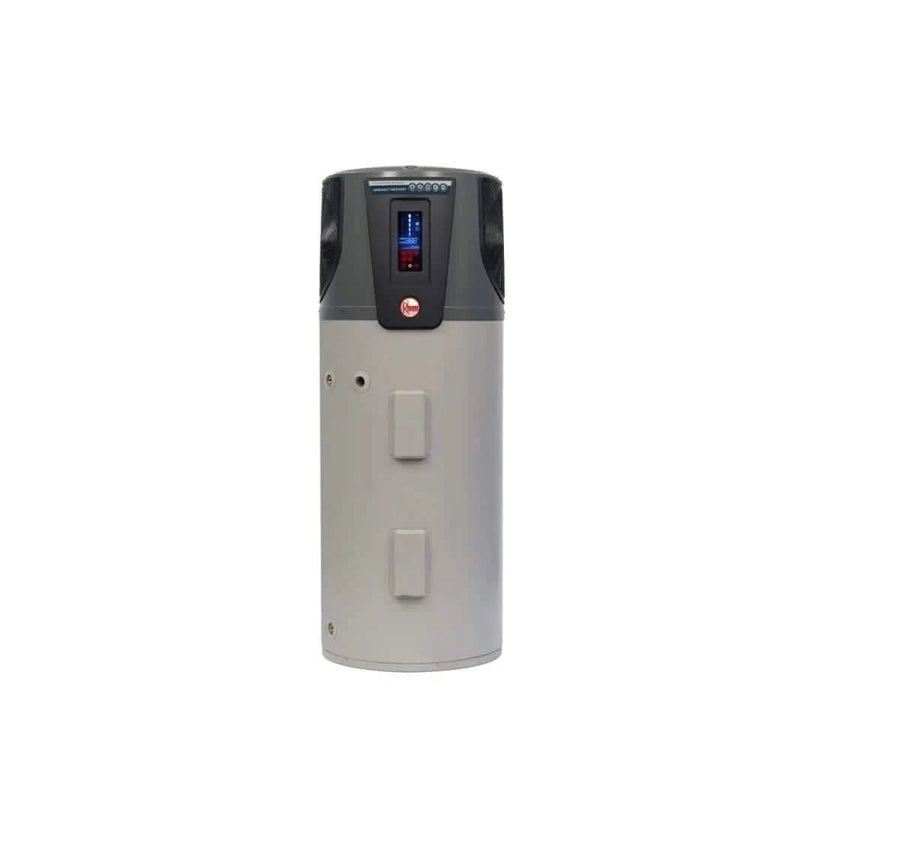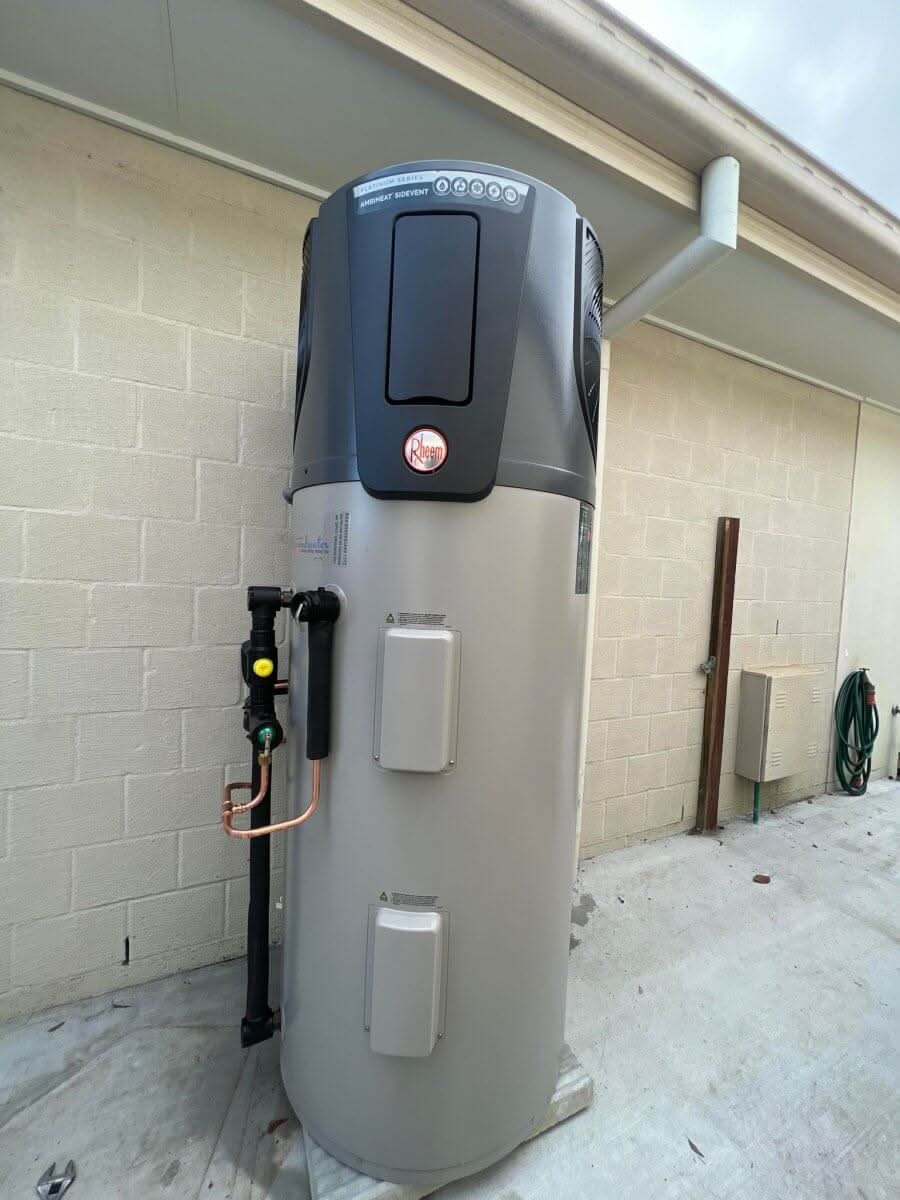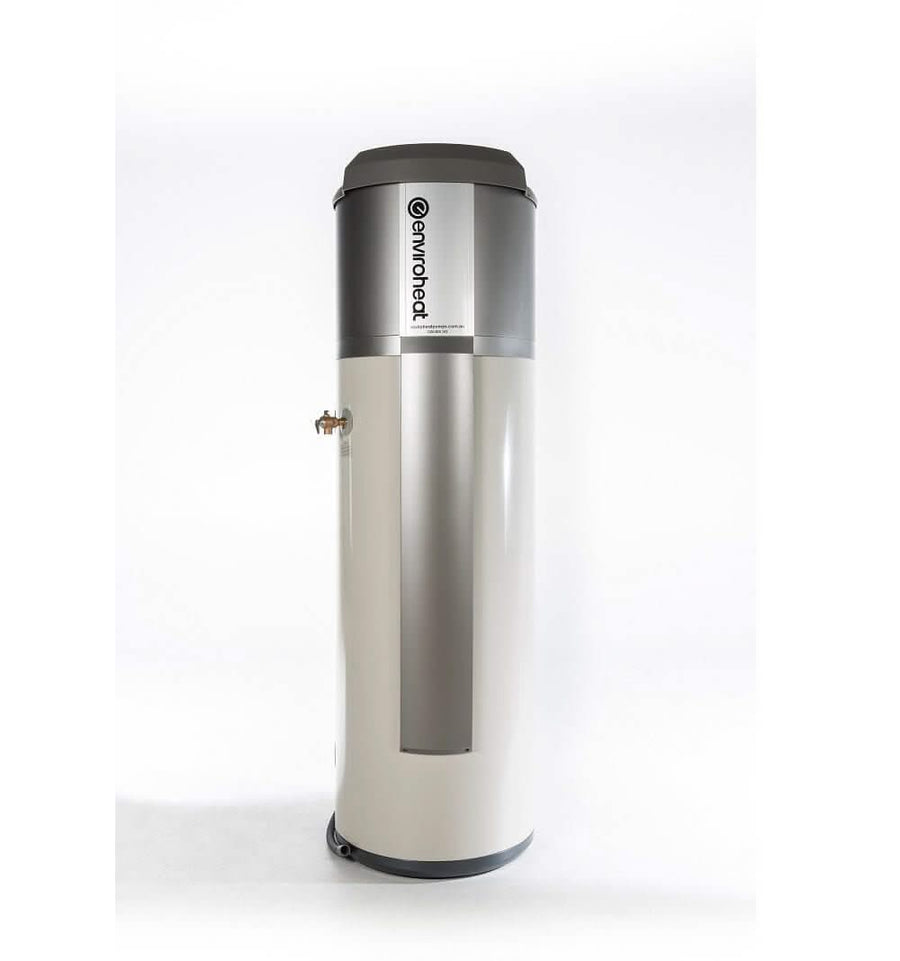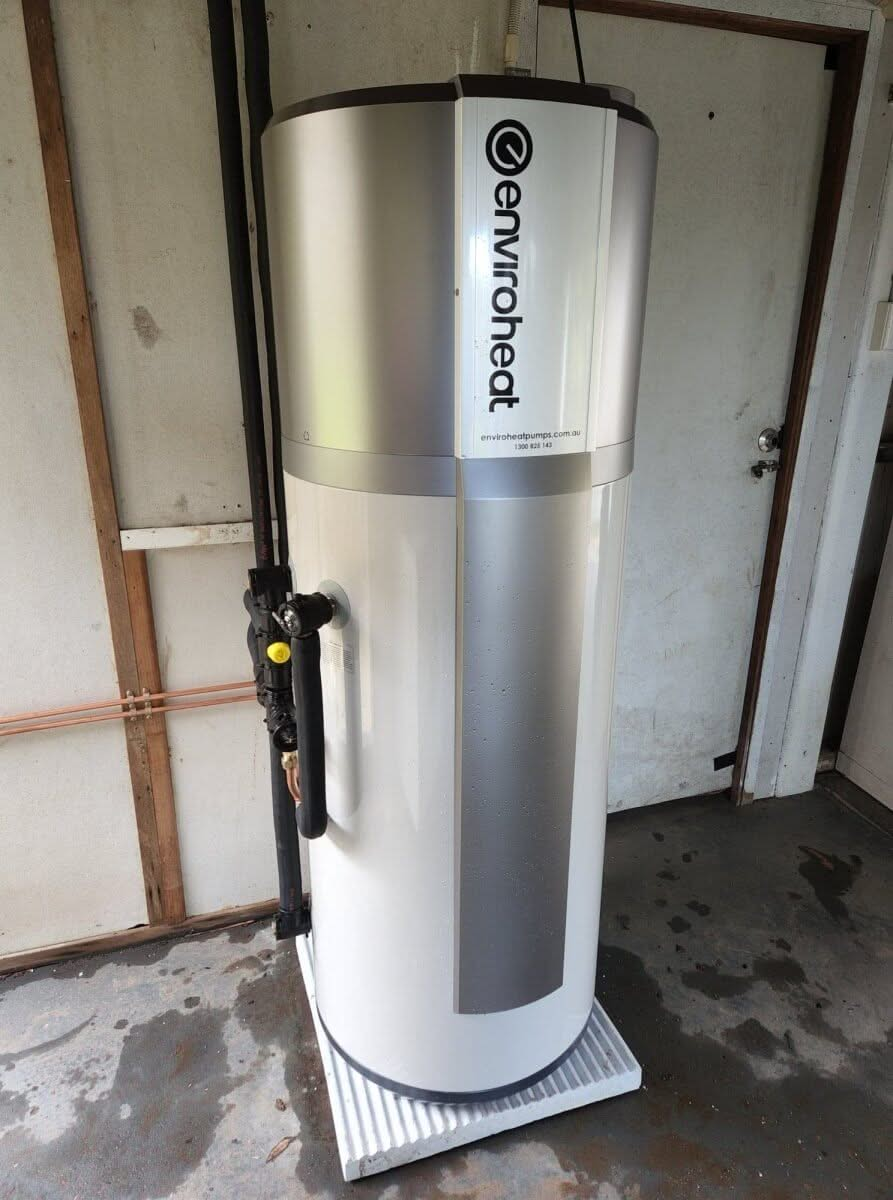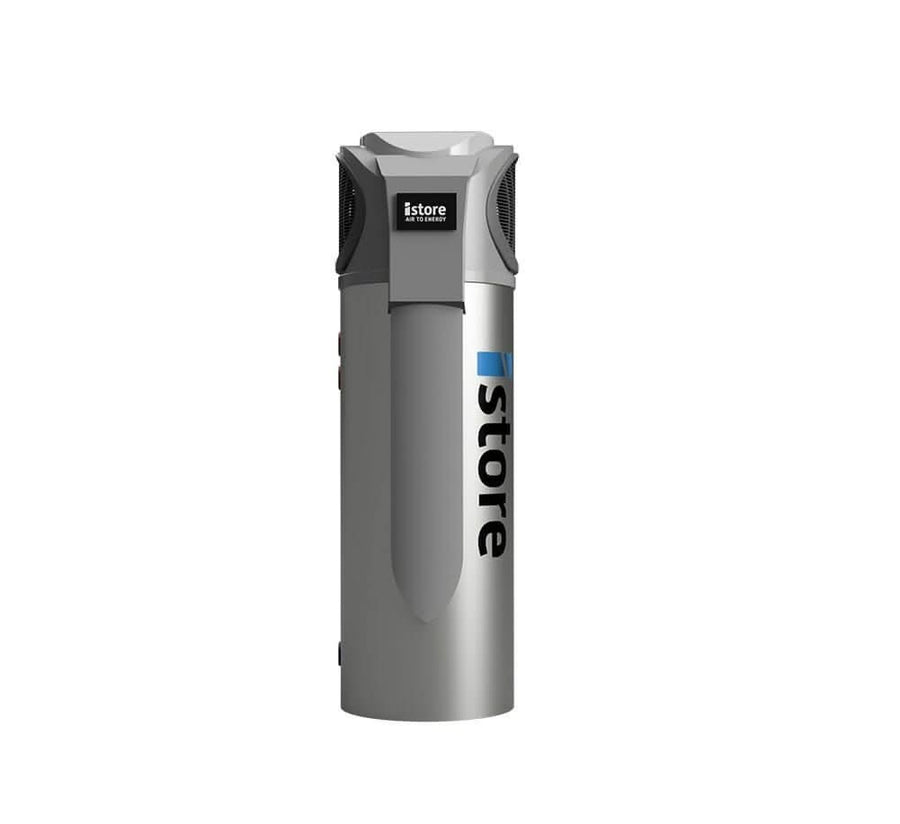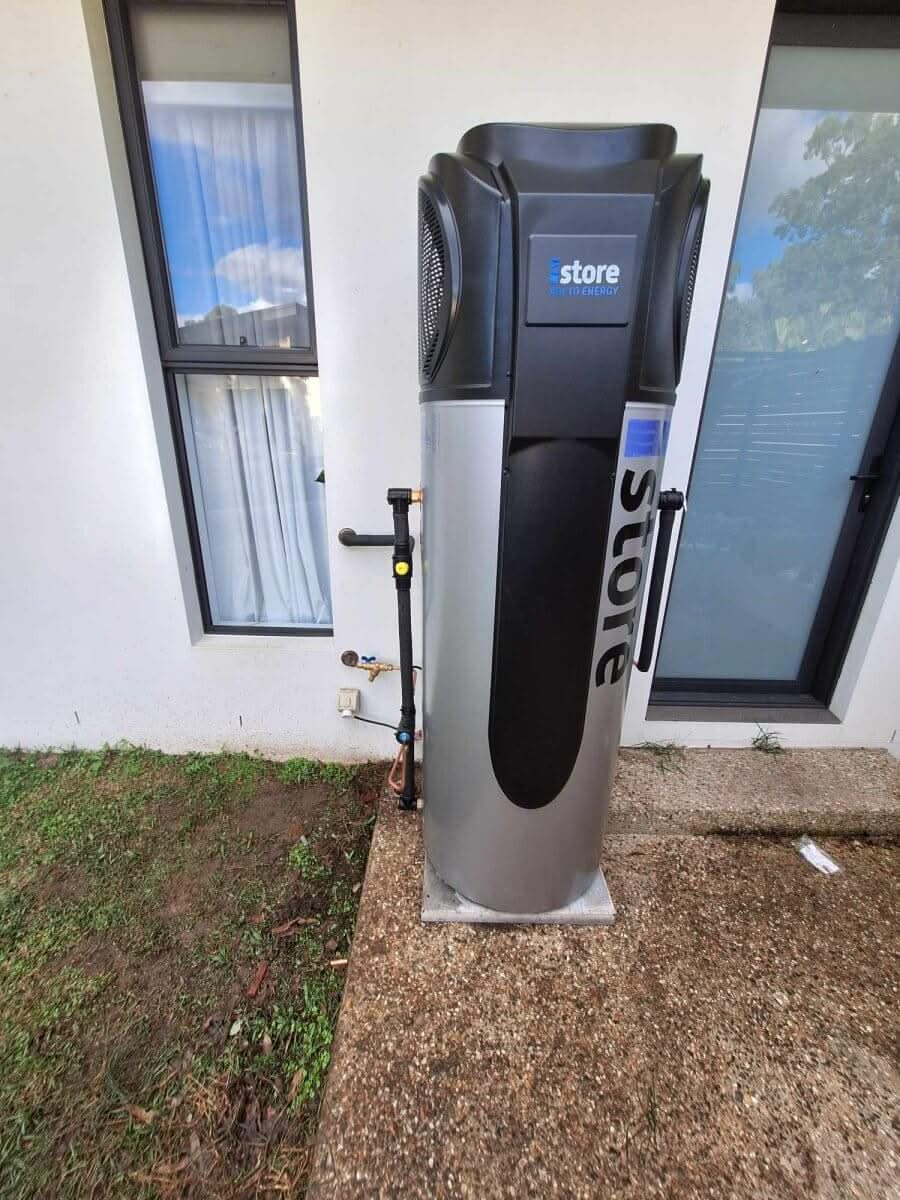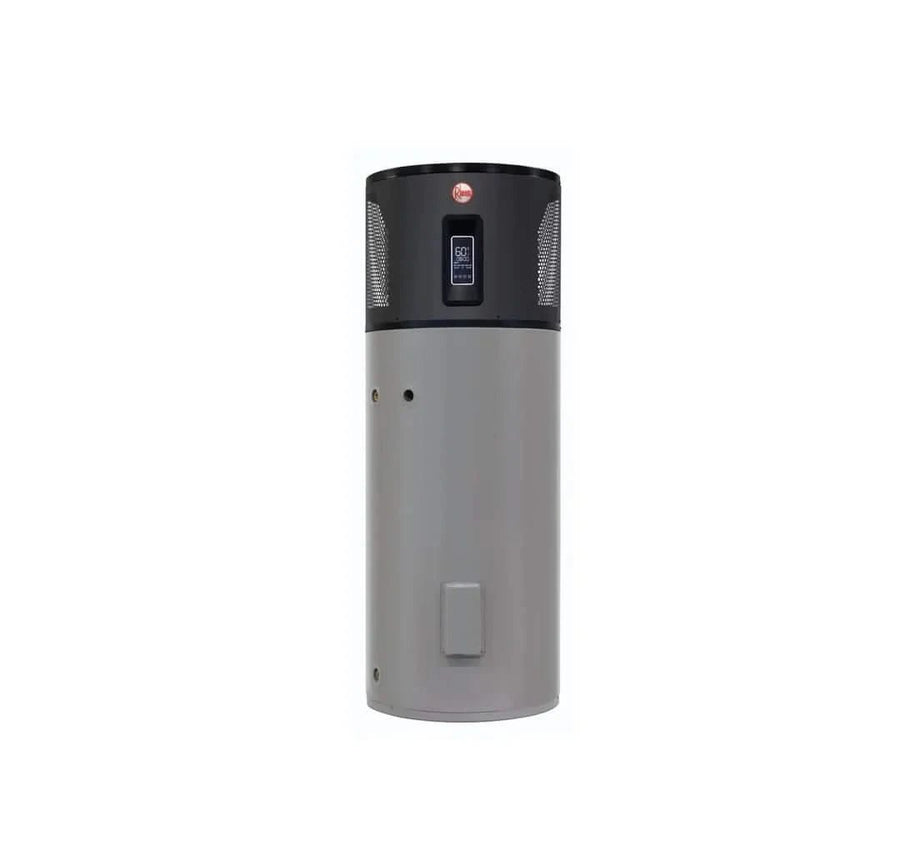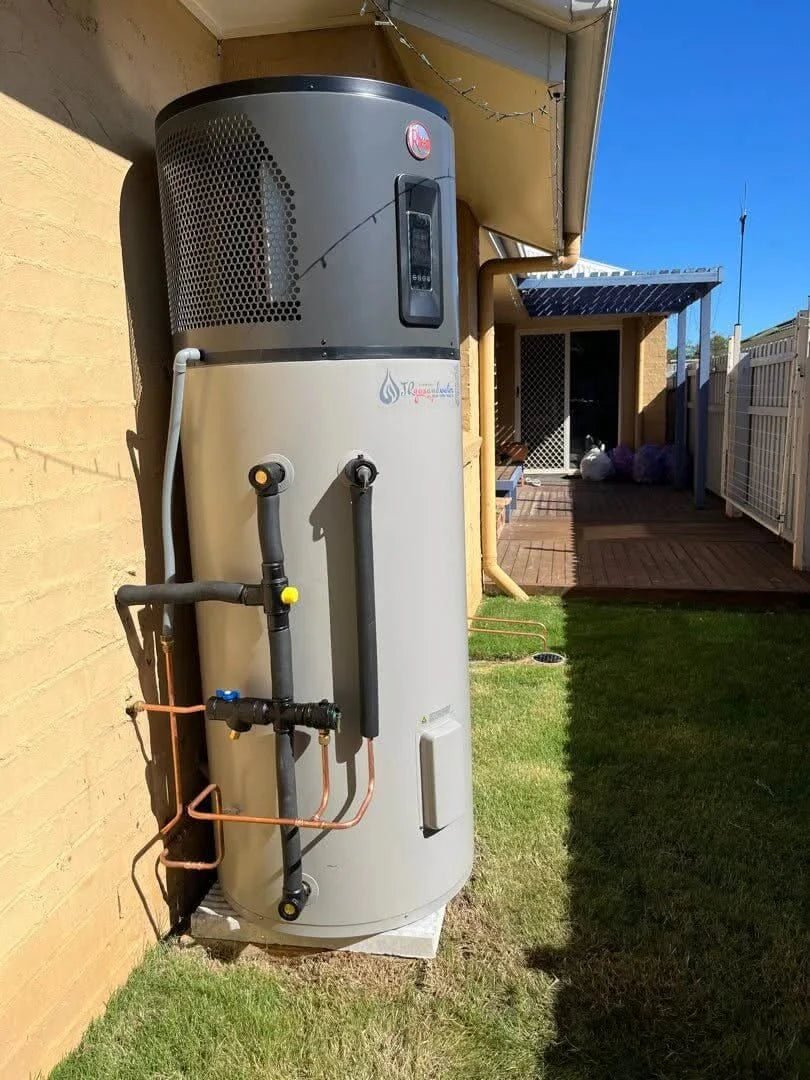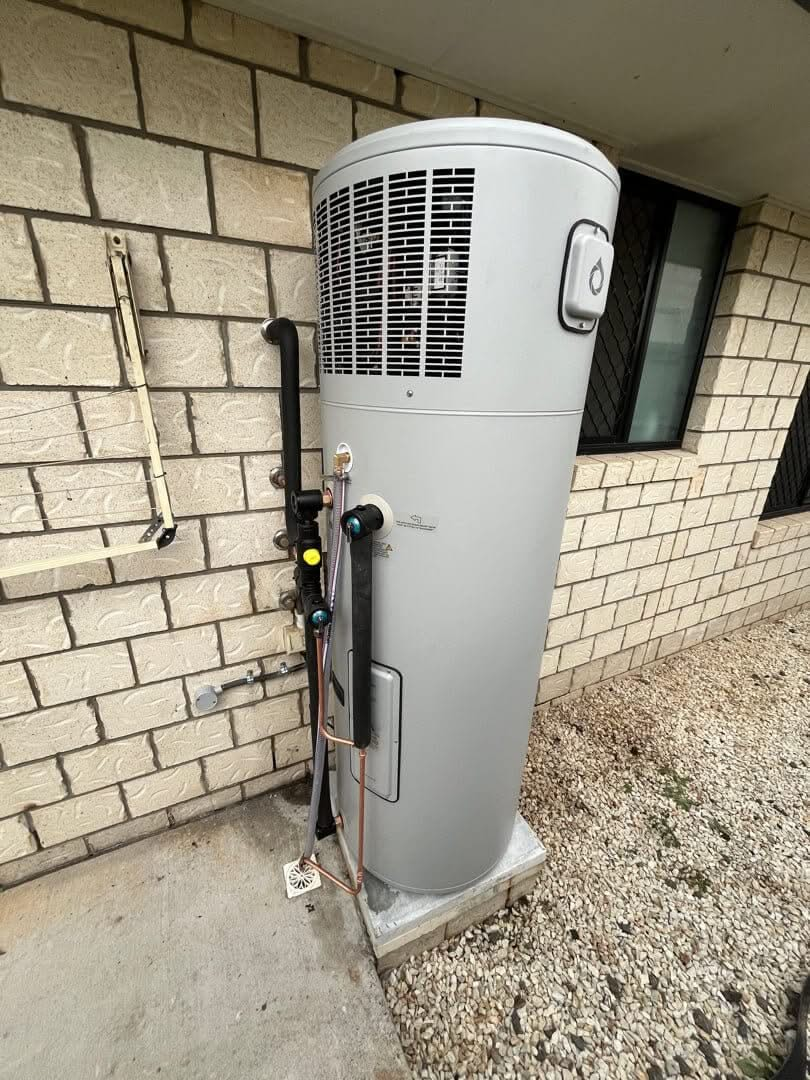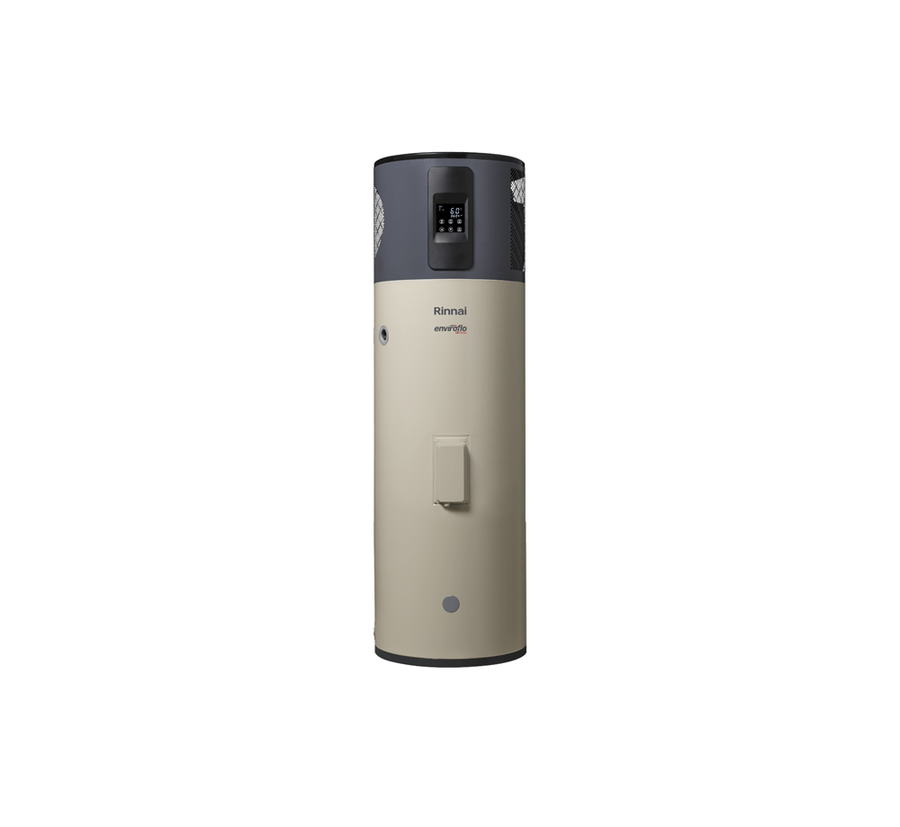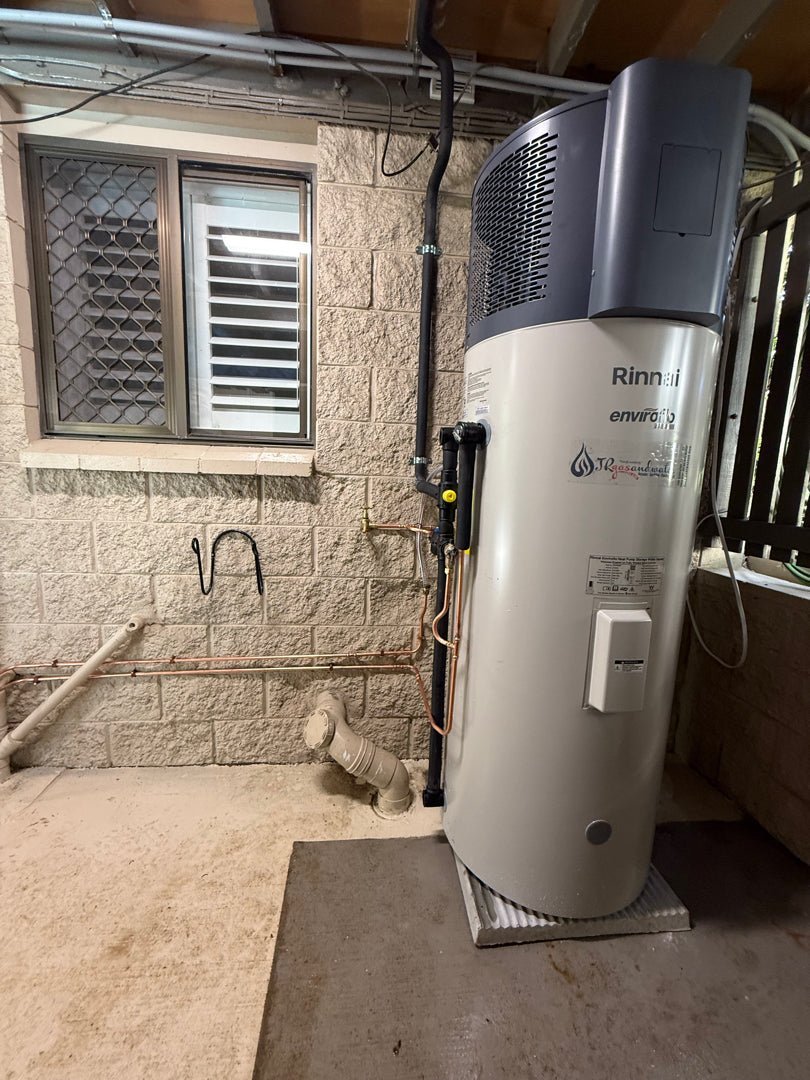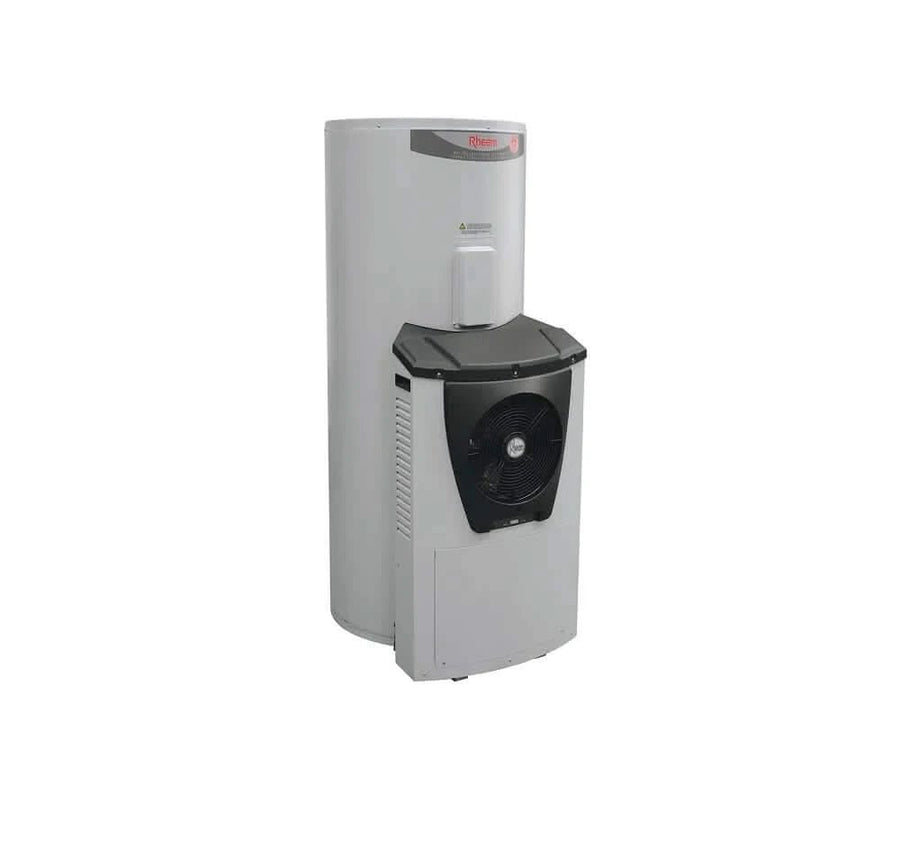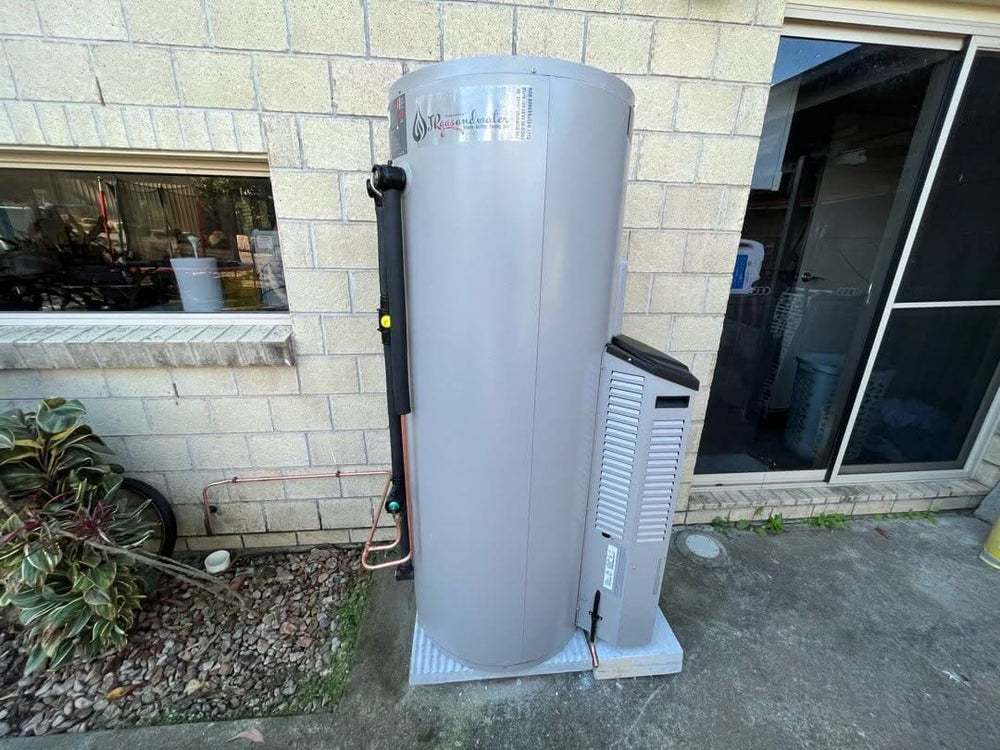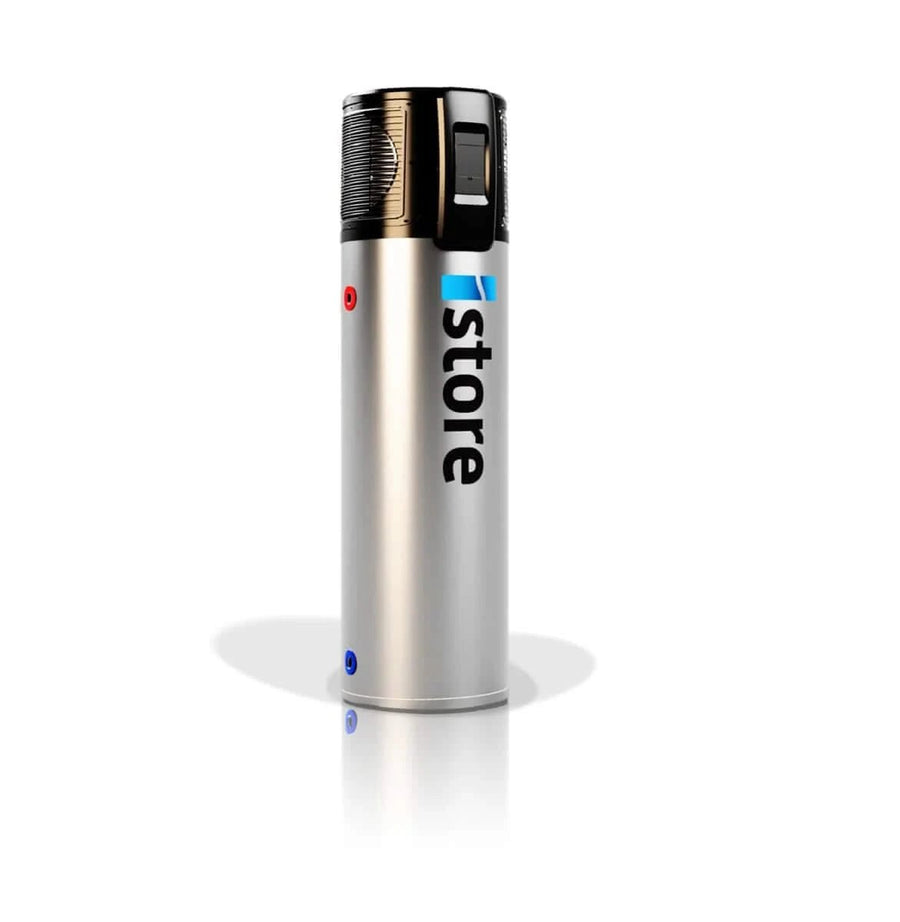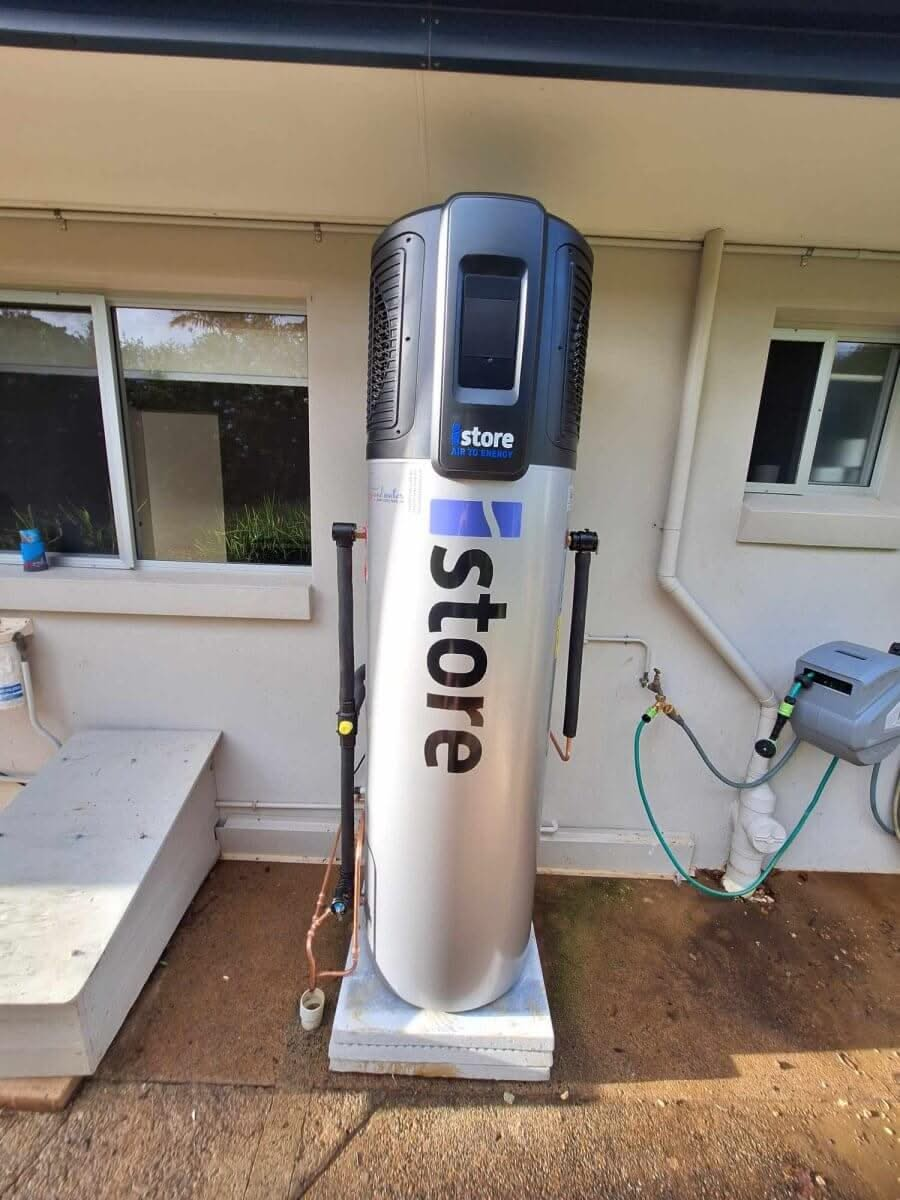Best Heat Pump for Your Home – Top Picks & Expert Recommendations
Looking for the best heat pump to provide energy-efficient hot water for your home? Efficient heat pumps are an excellent alternative to traditional water heaters, using renewable energy to reduce electricity consumption and lower running costs. In this guide, we’ll break down the top heat pump brands in Australia, their benefits, and what to consider when choosing the right system for your home.
🔹 Understanding Heat Pumps
What is a Heat Pump and How Does it Work?
A heat pump is an innovative device that leverages the principles of refrigeration to transfer heat from one place to another. Unlike traditional heating systems that generate heat, heat pumps extract heat from natural sources such as the air, ground, or water and move it to where it’s needed, like your home or hot water tank. This process makes heat pumps incredibly efficient and versatile, capable of providing both heating and cooling solutions.
The magic behind a heat pump lies in its refrigeration cycle. It starts with a refrigerant, a special fluid that absorbs heat as it changes from a liquid to a gas. This refrigerant is circulated through a series of coils, where it picks up heat from the surrounding environment. Once the refrigerant has absorbed enough heat, it is compressed, which significantly raises its temperature. This hot refrigerant then transfers its heat to your home or hot water system. After releasing its heat, the refrigerant expands and cools down, ready to start the cycle all over again.
This efficient heat transfer process means that heat pumps can provide substantial energy savings compared to traditional electric water heaters. By utilizing the natural heat available in the environment, heat pumps reduce energy consumption and lower energy bills, making them a cost-effective and eco-friendly choice for modern homes.
🔹 Why Choose a Heat Pump?
✔ Energy Efficient – Uses up to 75% less energy than traditional electric water heaters. Heat pump technology significantly reduces energy consumption by relying on ambient air for heat transfer. ✔ Environmentally Friendly – Reduces carbon footprint by utilizing air-source heating. ✔ Government Rebates Available – Eligible for Small-Scale Technology Certificates (STCs) to offset costs. ✔ Long-Term Savings – Lower energy bills with high-efficiency heating. ✔ Reliable Hot Water Supply – Works in various climates, including cold conditions.
🔹 Types of Heat Pumps
Air Source Heat Pumps
Air source heat pumps are among the most popular and widely used types of heat pumps. They operate by extracting heat from the outside air and transferring it to your home or hot water system. This type of heat pump is highly efficient and can serve dual purposes, providing both heating in the winter and cooling in the summer.
The operation of an air source heat pump is straightforward yet effective. A fan draws in outside air, which is then passed over a coil containing the refrigerant. As the refrigerant absorbs heat from the air, it evaporates and is compressed to increase its temperature. This hot refrigerant then releases its heat to your home or hot water system, providing a reliable and consistent source of warmth. After releasing its heat, the refrigerant cools down and is ready to absorb more heat from the air, continuing the cycle.
Air source heat pumps are relatively easy to install and maintain, making them a cost-effective solution for many homeowners. They can be installed in various locations, such as rooftops, walls, or backyards, offering flexibility in placement. With their ability to significantly reduce energy consumption and provide year-round comfort, air source heat pumps are an excellent choice for those looking to enhance their home’s energy efficiency and reduce their carbon footprint.
🔹 Top Heat Pump Brands in Australia
Not all heat pumps are created equal! Here are the top-rated heat pump water heaters available in Australia, recommended for their efficiency, durability, and performance:
These brands offer a variety of heat pump models, each designed to perform efficiently under extreme temperatures and meet different consumer needs.
1️⃣ Rheem Heat Pumps – Trusted & Efficient
💡 Best for: Households looking for reliability & proven performance.
✔ Available in Hybrid & Integrated designs. ✔ Smart adaptive heating for maximum energy efficiency. ✔ Whisper-quiet operation – No noisy compressors. ✔ Frost protection for cold-weather performance. ✔ Large-capacity models for high-demand homes. ✔ The heat exchanger in Rheem heat pumps is crucial for efficient heat transfer and is designed to minimize heat loss, ensuring optimal energy efficiency.
✅ Perfect for: Families needing a trusted & efficient system with low running costs.
2️⃣ iStore Heat Pumps – Smart Energy Storage
💡 Best for: Homes with solar panels looking to store excess energy. A heat pump system can be integrated with solar power to enhance energy savings.
✔ Works seamlessly with solar power to maximize savings. ✔ Self-learning technology adjusts heating based on usage. ✔ Super-efficient COP up to 4.7, reducing power bills. ✔ Quiet operation & slimline design for easy installation. ✔ Generous 5-year warranty for peace of mind.
✅ **Perfect for:**Solar households wanting maximum energy efficiency.
3️⃣ EnviroSun Heat Pumps – Premium Efficiency
💡 **Best for:**Cold climates needing high-performance heating.
✔ Advanced German technology for extreme efficiency. ✔ Designed for Australian conditions – works in freezing temperatures. ✔ Economical operation with low running costs. ✔ Long lifespan with durable components & stainless steel tank. ✔ Eligible for high STC rebates, reducing upfront costs.
EnviroSun's heat pump hot water systems are known for their exceptional efficiency and performance.
✅ Perfect for: Homes in colder regions that need a high-performance system.
4️⃣ Emerald Energy Heat Pumps – Budget-Friendly & Efficient
💡 Best for: Homeowners wanting affordable, high-quality performance.
Emerald Energy offers hot water heat pumps that are both affordable and efficient, making them a great choice for various climates.
✔ One of the most affordable heat pumps on the market. ✔ Low-noise operation with insulated compressor technology. ✔ High STC rebates to lower installation costs. ✔ Stainless steel tank for durability & corrosion resistance. ✔ Works with off-peak power, reducing running costs.
✅ Perfect for: Homeowners wanting a budget-friendly yet efficient heat pump.
5️⃣ Rinnai Heat Pumps – Compact & Space-Saving
💡 Best for: Small spaces or homes needing a compact installation.
✔ Sleek & modern design – Ideal for tight spaces.
✔ Fast heating recovery for high-demand homes.
✔ Ultra-quiet operation – One of the quietest heat pumps available.
✔ Energy-efficient with high COP ratings.
✔ Reliable performance backed by Rinnai’s trusted warranty.
✅ Perfect for: Homes with limited space or those needing a low-maintenance heat pump.
🔹 Choosing the Right Heat Pump – What to Consider
Before purchasing a heat pump, consider these key factors: Different heat pump systems offer various benefits, including improved energy efficiency, reduced operational costs, and eligibility for government incentives.
🔹 Household Size – Larger families require a higher capacity system (e.g., 250L–315L). 🔹 Climate – Colder areas need a heat pump with frost protection. 🔹 Solar Integration – If you have solar panels, choose a model that can store excess solar energy. 🔹 Noise Levels – Check for low-noise models if installing near bedrooms. 🔹 STC Rebates – Check eligibility for government rebates to save on upfront costs.
🔹 Professional Installation & Rebates
💡 Did you know? You may be eligible for government rebates when installing an energy-efficient heat pump! Professional installation is crucial for ensuring the optimal performance of a pump hot water system.
📌 Installed Today offers: ✔ Professional heat pump installation Australia-wide. ✔ Assistance with STC rebates & eligibility checks. ✔ Fast & reliable service – Install within 10 business days.
✅ Upgrade to an energy-efficient heat pump today and start saving on your hot water bills!
🔹 Final Thoughts – Which Heat Pump Should You Choose?
🔹 **For a trusted & proven brand →**Rheem🔹 **For homes with solar power →**iStore🔹 **For cold climate performance →**EnviroSun🔹 **For budget-friendly efficiency →**Emerald🔹 **For compact & space-saving design →**Rinnai
No matter your home’s hot water needs, there’s a variety of hot water systems available to suit different requirements, ensuring an energy-efficient, cost-effective, and eco-friendly solution.
🔥 Need help choosing the best heat pump? Contact Installed Today for expert advice & installation! 🔥






